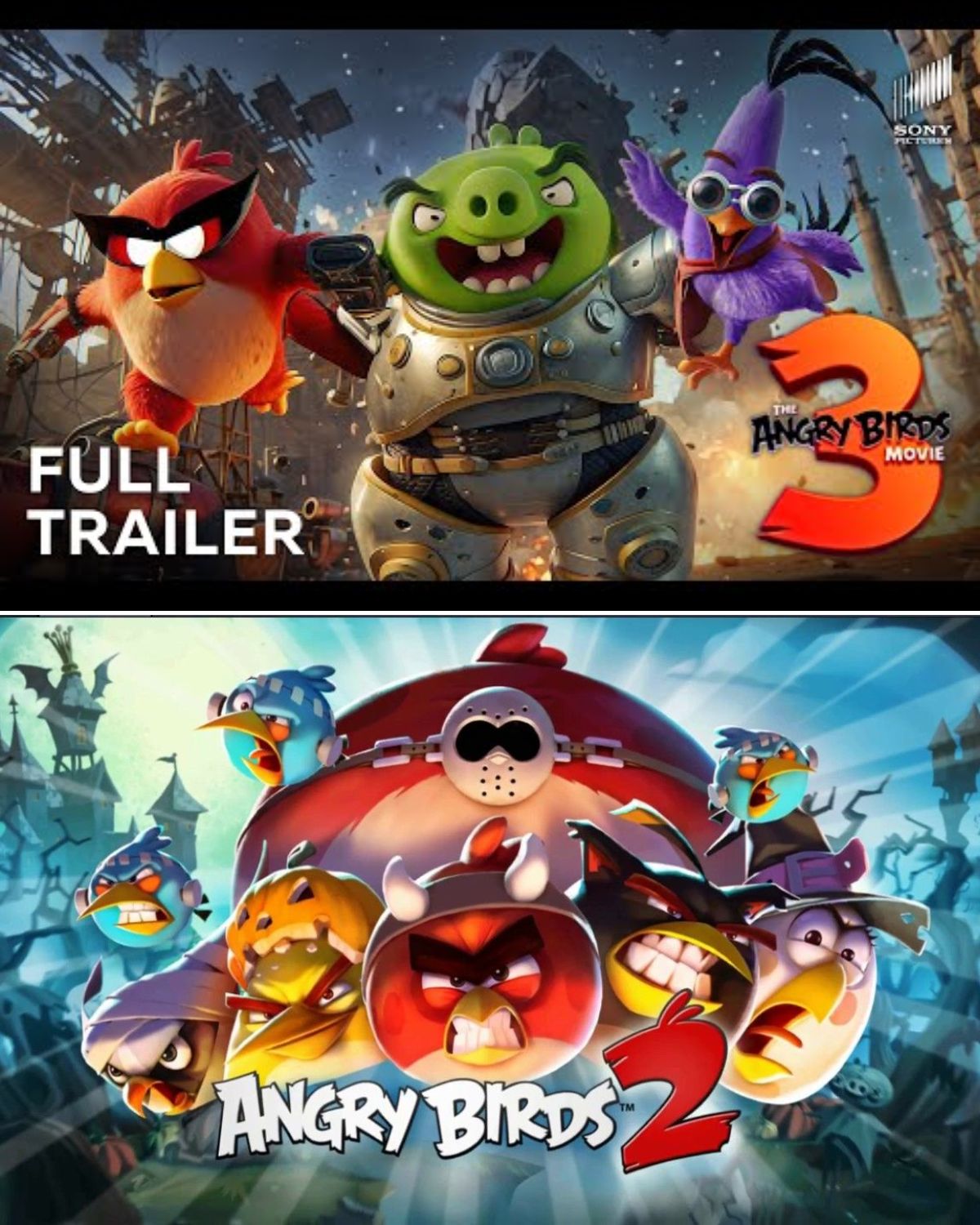This is how ‘Pirates of the Caribbean’ ventured into uncharted waters, opening up the door for Captain Jack Sparrow’s adventures.
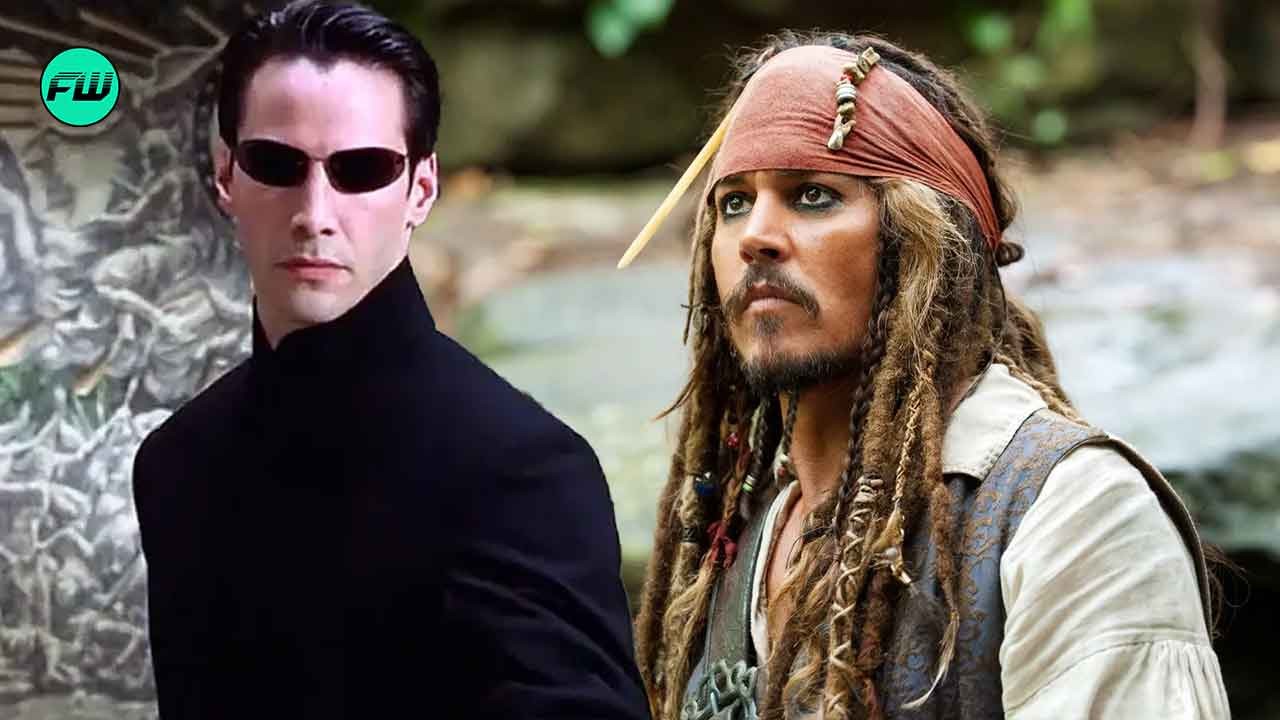
TrustedFollowShare
Johnny Depp’s Pirates of the Caribbean, a $4.524 billion franchise, was never meant to be one. Of course, it could be argued that the idea was never meant to be a movie in the slightest. However, it was the kind of creative inspiration that Disney was unable to anticipate or control at the time that ultimately made Pirates of the Caribbean: The Curse of the Black Pearl a spectacular film.
Jerry Bruckheimer (producer) and Gore Verebinski (director) also had to deal with a flashing green light when they began filming Pirates of the Caribbean – The Curse of the Black Pearl, the first part of this trilogy. Meaning: Walt Disney Studios was supposed to produce the movie, but later, they were not. Using franchise films like The Matrix and The Lord of the Rings, which were huge hits at the time and helped Warner Bros. dominate the box office, Bruckheimer countered at the time, saying, “Your competition is spending $150 million”.
Featured Video00:0211:15 Johnny Depp’s Pirates of the Caribbean: A large investment, a Tense Executive
Johnny Depp’s Pirates of the Caribbean: A large investment, a Tense Executive
Based on a story developed by executives Josh Harmon, Michael Haynes, and Brigham Taylor, Walt Disney Pictures hired Jay Wolpert to write the script for Johnny Depp‘s Pirates of the Caribbean in 2001. Ted Elliott and Terry Rossio, who believed they might be able to revitalize the pirate genre by giving it a supernatural twist, were the ones who introduced and concluded the script.
We learned from Den of Geek that a few different people worked on the project while Disney considered whether to release Pirates of the Caribbean in theaters or straight to video. It was always going to go theatrical once renowned producer Jerry Bruckheimer got involved and came full circle with Elliott and Rossio, as stated in the DVD commentary track of the movie.
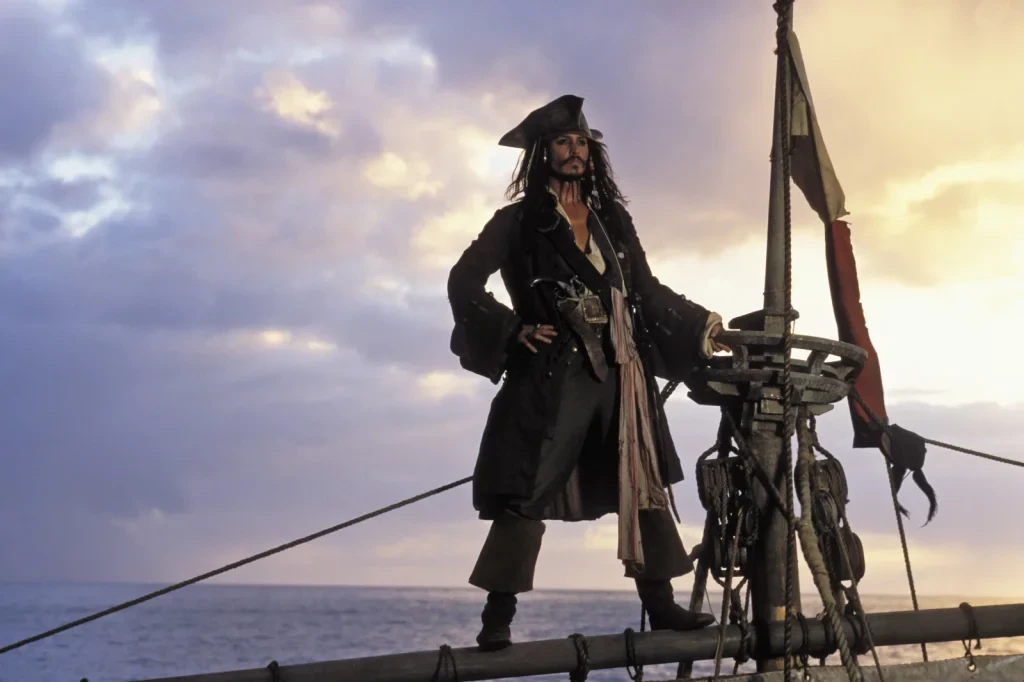
Johnny Depp in a still from Pirates of the Caribbean: The Curse of the Black Pearl
Bruckheimer does not usually make cheap movies, and Gore Verbinski is a skilled large-canvas painter. As a result, the first film ended up being far bigger than Michael Eisner, the head of Disney at the time, had intended. He was so enraged that, at several points, he actually attempted to stop the movie from happening. According to James B. Stewart’s book DisneyWar, Bruckheimer had to persuade Eisner of this more expansive idea for the Pirates adaptation.
Eisner questioned, “Why does it have to cost so much?” as was mentioned in DisneyWar. In response, Bruckheimer said, “Your competition is spending $150 million,” citing The Matrix and The Lord of the Rings franchises as examples. Warner Bros. gained the upper hand at the box office with these blockbuster hits and Disney was in dire need of their own franchise at that time.
With a frustrated shake of his head, Eisner said:
“The theme park is a drawback…Let’s move this away from the park.”
And so they carried it out. But in some ways, having more money meant having more problems, so it was not an easy task.
Filming Pirates of the Caribbean: The Curse of the Black Pearl Presented Some Challenges
Speaking with the BBC, Gore Verbinski, the film’s director, detailed the challenges of filming a picture this size, especially when it required filming on the water:
“This movie has 700 visual effect shots, but there are probably 150 you notice — 500 effects shots are just getting rid of city lights or hotels in the background. My approach was just to keep shooting. If there’s an oil tanker driving through the background and it’s going to cost an hour of shooting to wait for it to clear the frame, you roll and paint it out later on the computer. That was the only way to keep the thing on schedule. Visual effects are just another tool in the chest now.”
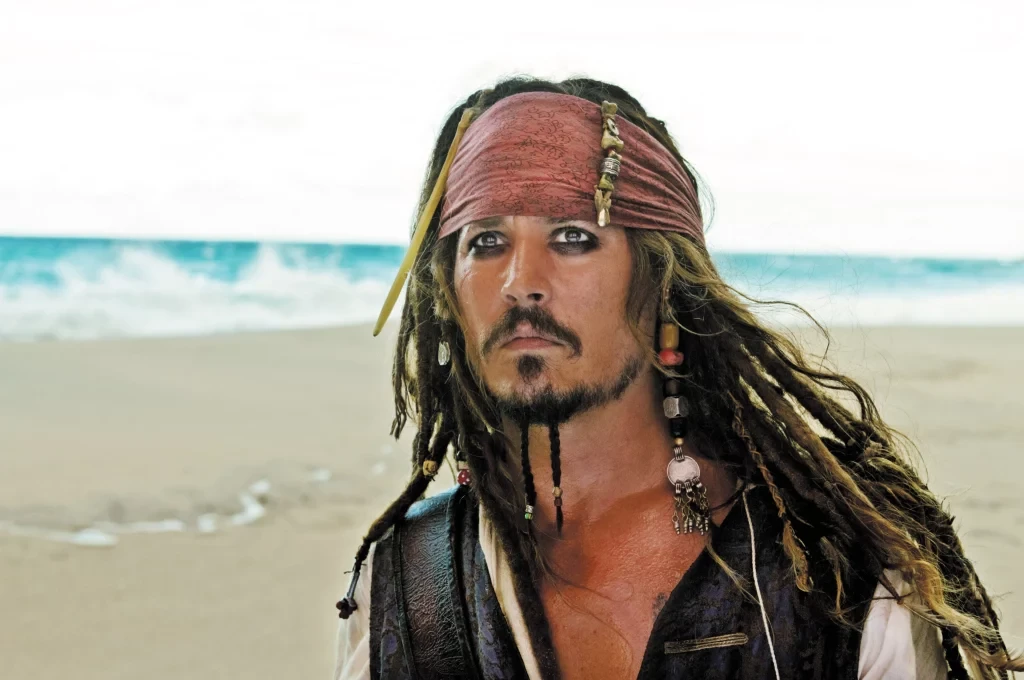
Johnny Depp as Captain Jack Sparrow
Notwithstanding the skepticism of many observers, Verbinski persevered, Disney supplied the funds, and the studio was set to produce one of the biggest shows of 2003.
Advertisement
Also read: Johnny Depp’s Wonka Suffers Crushing Defeat to Timothée Chalamet’s as His Latest Movie Aims Major Box Office Milestone
Pirates of the Caribbean: The Curse of the Black Pearl exceeded all pre-release expectations and was a huge box office success, grossing $654.3 million worldwide. Disney did not waste any time in launching the sequels, as Verbinski came back to helm Dead Man’s Chest in 2006 and At World’s End in 2007.
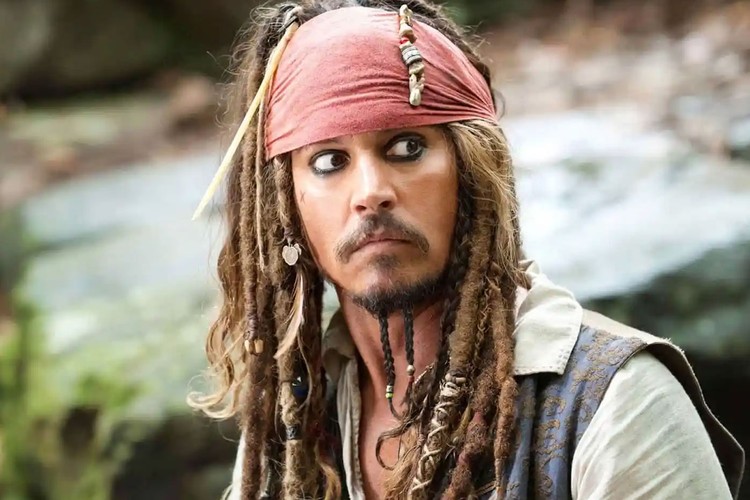
Johnny Depp as Jack Sparrow
Pirates of the Caribbean: The Curse of the Black Pearl is streaming on Disney Plus.


